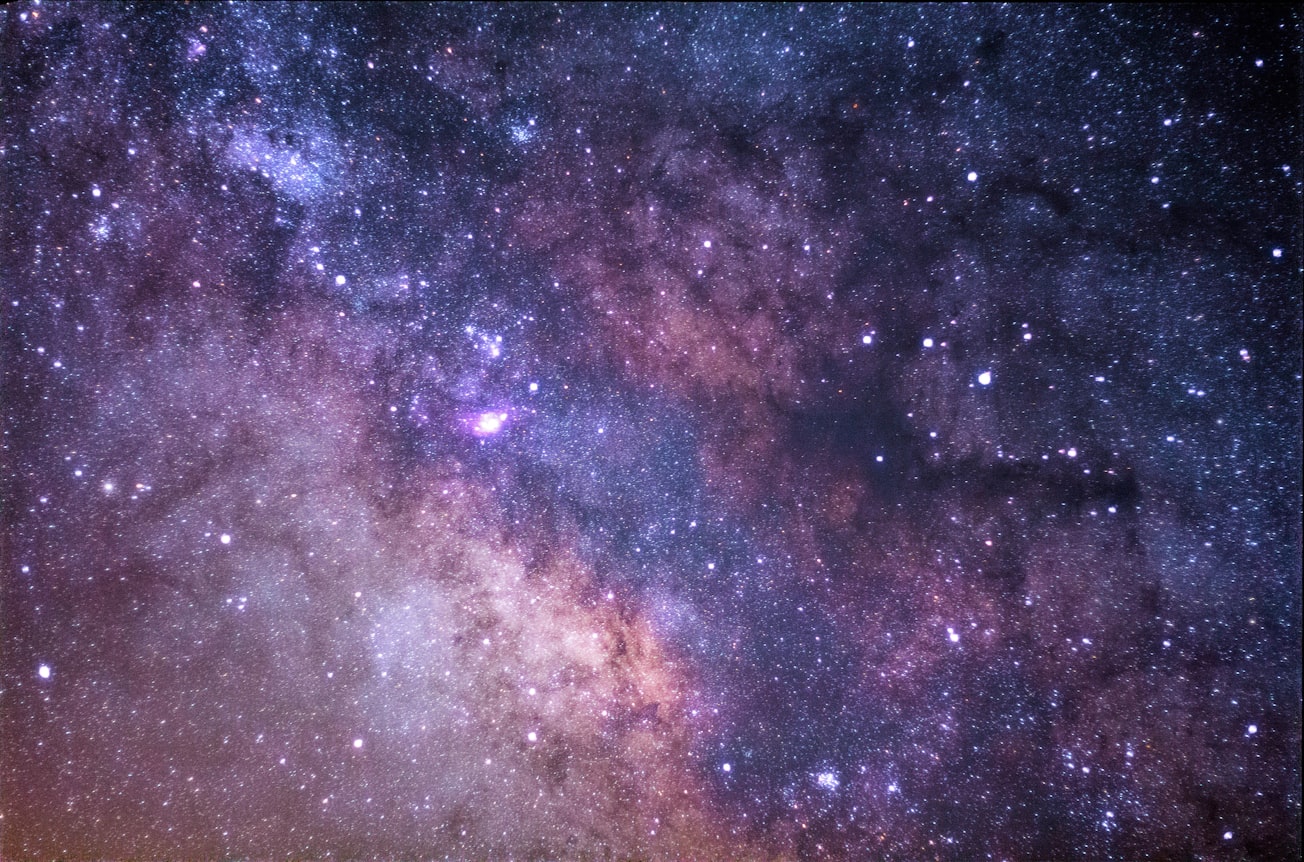What is it about?
For all of recorded human history it has been assumed that the world exists and operates for some reason or purpose, which we have variously attributed to God, Universal Reason, History, and other divine or impersonal forces. The essay questions this assumption. Cross-cultural in approach, it begins with a Zen Buddhist interpretation of the famous 'frog' haiku by the seventeenth-century Japanese poet Basho.
Featured Image

Photo by Jeremy Thomas on Unsplash
Why is it important?
Our growing knowledge of how matter and energy came into existence -- in a spontaneous Big Bang, without reason or purpose, 13.8 billion years ago -- far outstrips our grasp of the religious and philosophical implications. Sooner or later we will have to reconcile our knowledge and our grasp: this essay argues that now is the time to do it.
Perspectives
Readers are welcome to make what they will of it. Constructive comment/criticism would be much appreciated (correspondence address is included in the online and print editions of the essay).
Mr Geoffrey M. Wilkinson
Independent author
Read the Original
This page is a summary of: The Frog and the Basilisk, Comparative and Continental Philosophy, May 2015, Taylor & Francis,
DOI: 10.1179/1757063815z.00000000048.
You can read the full text:
Resources
'The Narrow Road to the Western Isles -- If Keats had journeyed with Basho'
Thematically related essay by the same author. Abstract and additional guide to content available on Maney Publishing`s website (The Keats-Shelley Review Vol. 28.1).
Certainty, that thing of indefinite approximation
Thematically related, book-length essay by the same author. Abstract available on Amazon`s UK site.
Going to the Pine: Four Essays on Basho
Essay collection
Author profile and all titles with abstracts
ResearchGate pages
Contributors
The following have contributed to this page










